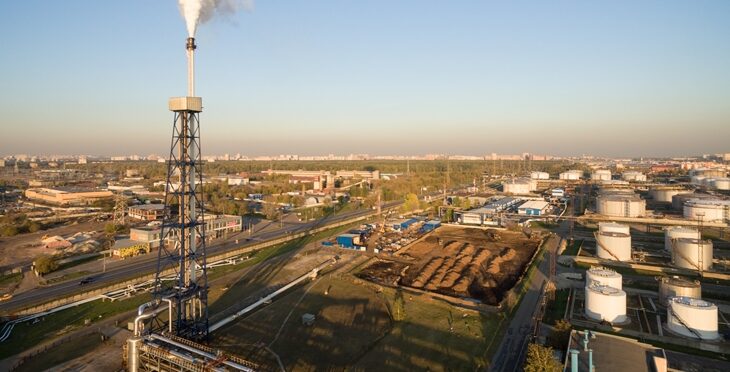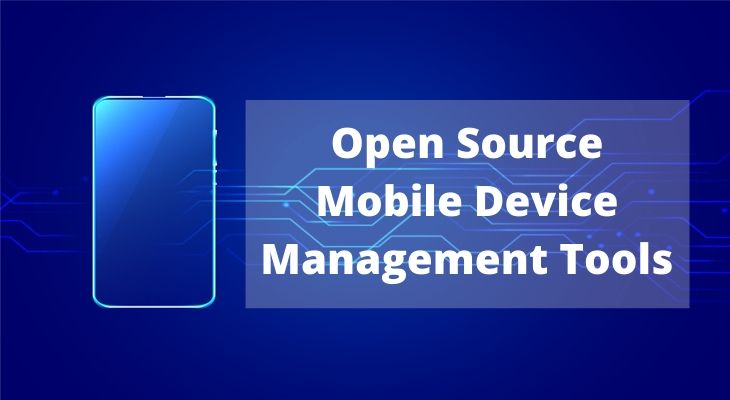Brief Glance:
Digitalization has taken over almost every industry; Oil & Gas Industry is no exception to that. In fact, digitalization is the buzz-word for the Oil & Gas industry; and right now most of the companies from the upstream, oil industry sector have either already moved or in the process of integrating digitalization. But downstream and midstream oil industries are a bit reluctant towards that change. But, in the coming time, it is expected that almost the entire Oil & Gas industry will be digitized. The introduction of the Industrial Internet of Things has fundamentally changed the industry.
The Impact of Internet of Things on Oil & Gas Industry
The Oil and Gas Industry is suffering from a lack of expertise. It has resulted in conquered operational efficiency. But the introduction of IoT can significantly improve the efficiency with reduced downtime from days to hardly a few minutes.
It is also expected that the Industrial Internet of Things will improve the revenue by almost $816 Billion over the next decade.
Upstream Oil Industry (Production Related Industries)
The depleting storage of natural resources has forced the organizations to the use sensors & robotic technology.
Sensors can lend a hand in calculating the measurement of temperature, chemical composition, pressure, acoustics, and equipment performance with respect to different environments correctly. These factors help organizations to:
- Discover hydro-carbon deposits,
- Well and fieldwork optimization, and
- Identify new spots for drilling.
According to IOT Agenda, The workers are seven times more likely to succumb to injuries. Consequently, IoT reduces the risks associated with the worker's safety by a considerable amount.
Midstream Oil Industry (transmission related industries like pipeline).
As these industries are related to transmission and transportation of oil; most of the times they face oil losses due to pipe leakage. The use of intelligent sensors helps them to detect the leaks and avoid unnecessary losses.
Oil & Gas companies can keep track of massive data and intelligently use it to improve their efficiency and effectiveness. Since this massive amount of data is associated with the transportation of oil and with the help of connected things and smart devices .
Downstream Oil Industry (Refineries and Distributors of Oil)
The most common problem faced by the Downstream Oil and gas industry organization has been shutdowns. Reducing shutdowns has been a top priority for these industries. The integration of Internet of Things in the downstream sector can significantly cut down the shutdown frequency and also advice the machinery status and maintenance requirements etc. to avoid other sorts of failures.
Conclusion:
Integrating IIoT will not only result into improved accuracy, efficiency, revenues, and profit –margins; but it will also leave a positive impact on the environment with accurate locations of oil reserves, fewer oil spills, less accidental damages, and lesser emission of carbon footprint.





